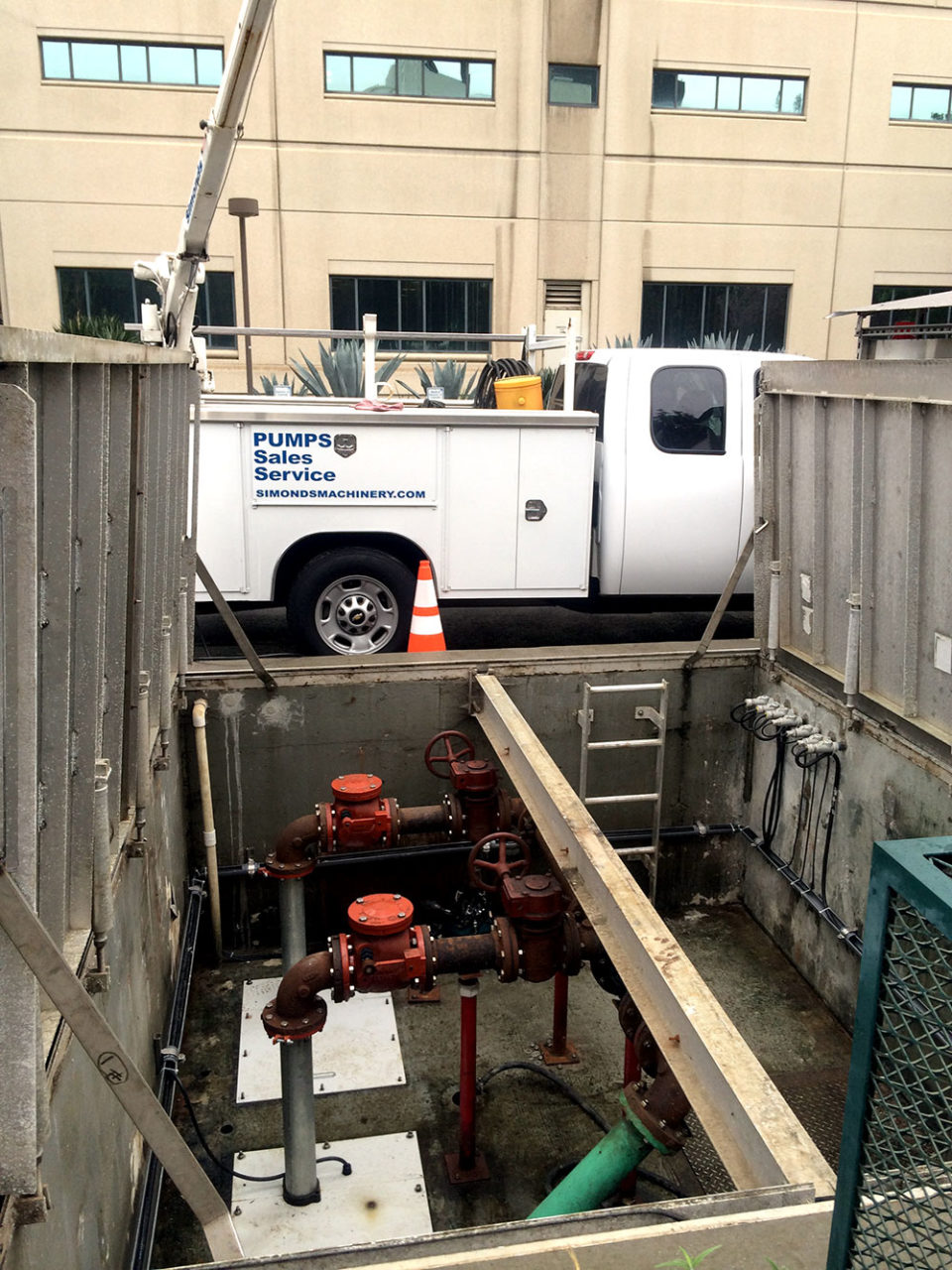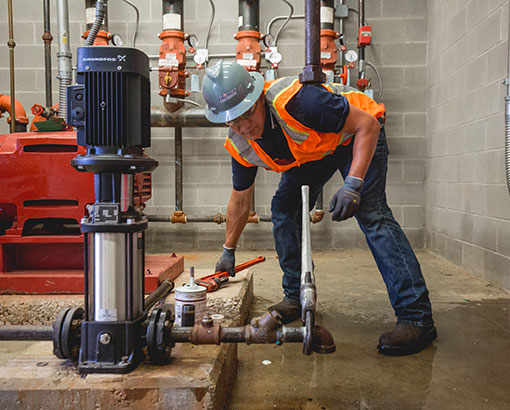Cutting-Edge Water Filtration Systems: Encouraging Healthier Living Atmospheres
Cutting-Edge Water Filtration Systems: Encouraging Healthier Living Atmospheres
Blog Article
Comprehending the Secret Parts of Effective Water Purification Equipments

Significance of Water Filtration Equipment
Water purification systems play an important role in making certain accessibility to risk-free and clean alcohol consumption water by successfully removing impurities and impurities. These systems are vital in dealing with the expanding issues over water quality and the possible health threats connected with eating polluted water. By utilizing different filtration systems such as reverse osmosis, activated carbon, and UV sterilization, water purification systems can effectively remove damaging materials like germs, infections, heavy steels, and chemicals from the water.
Additionally, water filtering systems aid to improve the preference and odor of water by eliminating chlorine, sediments, and various other pollutants that can affect its quality. Water Softeners. This enhancement in water quality not just makes it more palatable however also motivates people to consume an ample amount of water daily, advertising better hydration and total wellness
Types of Purification Parts

Physical filters are developed to literally strain out contaminations from the water. These filters can be made from materials like ceramic, carbon, or even sand, and they function by trapping fragments bigger than the filter's pores as water travels through.
Chemical filters utilize various chemical procedures to eliminate contaminants from the water. Examples include triggered carbon filters, which adsorb contaminations, and reverse osmosis membrane layers, which use pressure to different pollutants from the water.
Biological filters utilize living organisms like bacteria or algae to break down raw material and pollutants in the water. These filters are frequently utilized in wastewater treatment plants or all-natural water filtration systems.
Comprehending the various sorts of purification parts is essential for choosing the most appropriate water filtering system for specific purification requirements.
Feature of Sediment Filters
Sediment filters play an important duty in water filtering systems by successfully recording solid bits put on hold in the water. These filters are generally the first line of defense in a filtering system, removing bigger particles such as sand, silt, dust, and rust before the water moves with finer purification phases. By capturing these sediments, the filters avoid them from getting to downstream parts, hence prolonging the lifespan and performance of the whole system.
The function of debris filters is essential in keeping water quality and securing delicate equipment click to read from damage triggered by particles. Furthermore, by getting rid of visible bits, debris filters improve the clearness and preference of the water. On a regular basis cleaning or changing sediment filters is vital to make certain optimal efficiency. Neglecting this upkeep can lead to blocking, reduced water circulation, and compromised purification efficiency. Overall, debris filters are essential components that add dramatically to the efficiency of water filtration systems.
Function of Turned On Carbon Filters
Playing an essential role in water purification systems, triggered carbon filters are important in removing contaminations and contaminants from the water supply. These filters are developed to adsorb and trap a vast variety of toxins, consisting of chlorine, unpredictable organic compounds (VOCs), chemicals, and herbicides. The triggered carbon product has a large area, enabling the efficient trapping of impurities through a procedure called adsorption. As water goes through the filter, the triggered carbon holds and attracts onto the pollutants, making sure that the water that comes out beyond is cleaner and safer for intake.
Turned on carbon filters are very reliable at enhancing the preference and odor of water by lowering chemicals that can impact its quality. Due to their convenience and best site dependability, turned on carbon filters are an essential part in making sure that water is purified to the greatest standards before getting to consumers.
Recognizing Reverse Osmosis Systems
Reverse osmosis systems are innovative water filtration systems that use a sophisticated procedure to get rid of pollutants and contaminations from drinking water. These systems work by using pressure to the water, requiring it via a semi-permeable membrane. This membrane acts as an obstacle, permitting only pure water particles to pass through, while blocking larger particles such as minerals, chemicals, and various other impurities. As an outcome, the water that appears beyond is substantially cleaner and more secure for consumption.
In addition, reverse osmosis systems are fairly low-maintenance and can be installed under the sink or in a central filtration system, supplying practical accessibility to clean water throughout the household. On the whole, recognizing just how reverse osmosis systems work can assist people make informed choices about their water filtering demands.
Final Thought
In final thought, efficient water filtration systems are essential for making sure clean and risk-free drinking water. By comprehending the function and function of each part, individuals can make enlightened decisions when selecting a water purification system.
Water filtering systems play a critical duty in making certain accessibility to tidy and risk-free drinking water by successfully getting rid of pollutants and contaminants. By utilizing different filtration devices such as reverse osmosis, turned on carbon, and UV sanitation, water filtering systems can effectively eliminate hazardous compounds like bacteria, viruses, hefty metals, and chemicals from the water supply.
Sediment filters play a crucial function in water filtration systems by efficiently recording solid bits suspended in the water (Water Treatment).Playing an important duty in water purification systems, activated carbon filters Learn More are critical in getting rid of contaminations and impurities from the water supply.Reverse osmosis systems are advanced water filtering systems that employ an innovative process to eliminate impurities and impurities from drinking water
Report this page